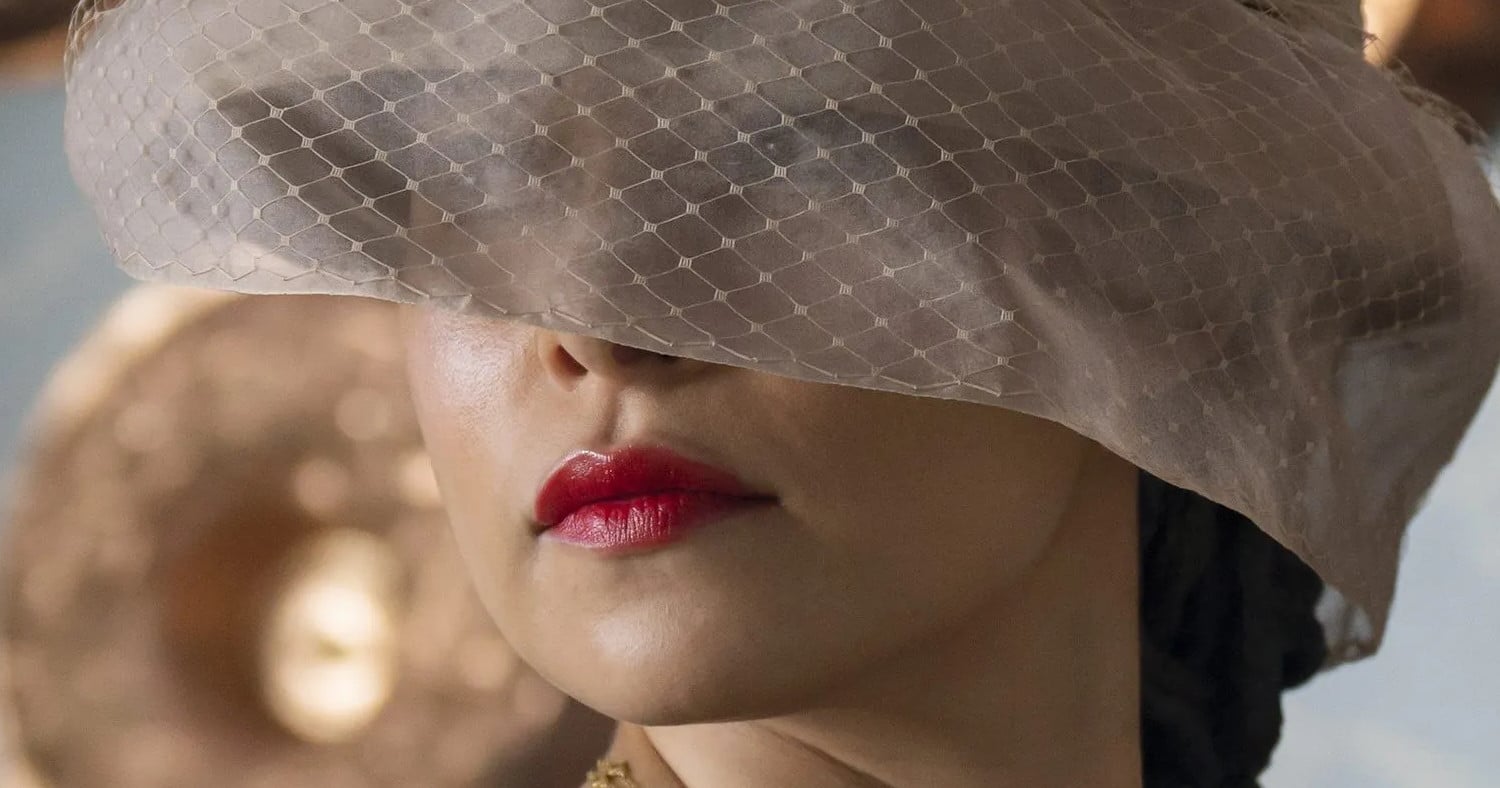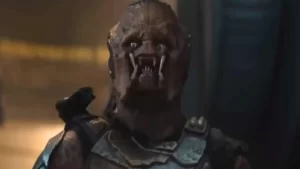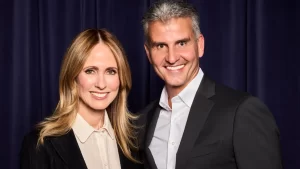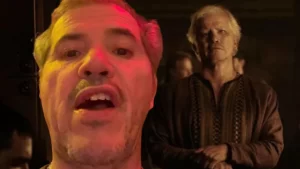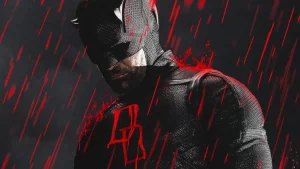Well, after the first two episodes which were decent, I had high hopes the Percy Jackson series on Disney+ wouldn’t be woke AF.
My mistake.
So in the third episode (spoilers), Percy and the gang encounter Medusa. It’s an okay episode, they end up getting chased by another monster which leads them to the home of Medusa out in the woods somewhere. Everyone knows who Medusa is and is deathly afraid of her. There are statues everywhere. However, in reference to the first episode, Percy remembers the stories his mom used to tell him about how not all monsters look like heroes, so he’s okay with going inside and eating all her food.
Long story, short, yeah, she’s a monster and she wants to turn them all to stone. They use the invisibility baseball hat to make Medusa invisible thereby canceling out her powers because they can’t directly see her. Percy ends up chopping off her head (why didn’t the body reappear as the hat would no longer be on the body as the head is no longer attached??) and mails the head to Olympus. Okay. Cool episode. Not bad.
However, while meeting Medusa, Percy has a chat with Medusa where she reveals she knows his dad, the god, Poseidon. Medusa says she feels like his mom and her are sisters as they were “targeted by the same monster,” so she she feels protective of Percy. He replies that his mom never talked about his dad that way, and then Medusa changes the story and tries to kill them all — because she’s a monster.
So what’s going on? Well, if you only watched the episode, you wouldn’t think much of it and it would probably lead you to speculate that maybe if/when Percy meets Poseidon, Poseidon might not be such a good guy and Percy could be in danger, etc. etc. etc. However, since Medusa is a monster, maybe she isn’t telling the truth.
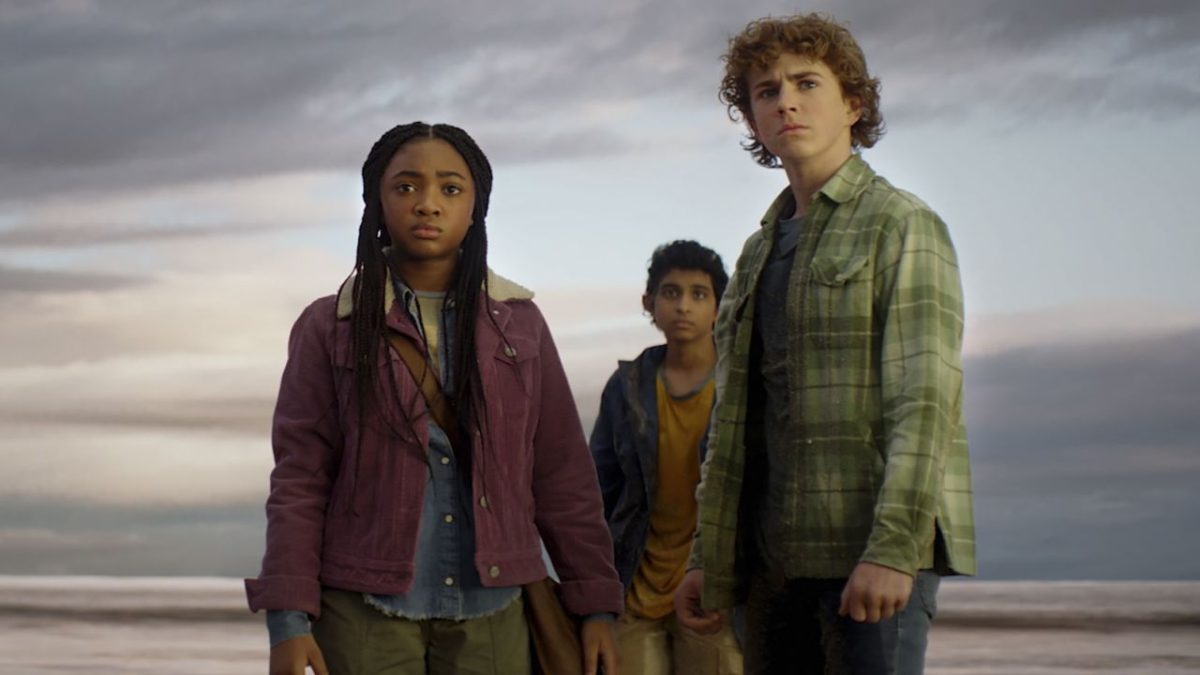
Revisionist garbage used to send The Message
Speaking with Variety, the writer of the books, Rick Riordan, his wife, Rebecca, and the actress playing the part, Jessica Parker Kennedy, come out and reveal they changed the scene from the book to explain their interpretation of the Greek story where Medusa is a rape victim.
So there are different interpretations of the original Greek myth depending on the translation. It’s my understanding that in the Roman translations, it says Neptune violates Medusa in Minerva’s Temple, so Minerva turns Medusa into a Gorgon, and Medusa is the victim. So in that version, the various translators used “violate,” which can be meant as rape.
However, it’s also my understanding in the original Greek version (you can tell the difference by the names used for the gods as Poseidon is Greek while Neptune is Roman, and Athena is Greek while Minvera is Roman) that Poseidon never raped Medusa. The story goes that Medusa is the hottest chick around and that every man wants to be with her, but Medusa ends up being with a god, Poseidon. So Medusa and Poseidon end up doing the deed together in Athen’a temple, which is what pisses Athena off since the virgin Athena took a vow of chastity, and again, Medusa and Poseidon did it in her temple. So because Athena is pissed and her servant Medusa, the fairest amongst them all who is supposed to remain a virgin, disrespected her, Athena turns Medusa into a monster, the MOFO ugliest monster of all that turns people to stone, which means she can never be with a man again. Punishing her.
Back to the Disney+ show, the Percy Jackson books are told from the perspective of the 12-year-old Percy, so obviously, none of that rape stuff is going to be in the books. Rick Riordan and his wife fill in Variety they took the opportunity now that there is a Disney show to change things up and include the interpretations of the Medusa story where she got raped by Poseidon. Of course, this also means that Percy’s dad is a rapist.
Here are quotes from the Variety article where it’s also learned they changed things up to fit that #METOO narrative:
Rebecca Riordan, who is married to Rick and executive produces the TV series, says that “the only reason Medusa is not more fleshed out in the books was that it was Percy’s narrative and we don’t have her perspective,” as the books are written in first-person. “As a 12-year-old boy in 2005, I don’t think he had the bandwidth for deconstructing the patriarchy,” adds Rick. “He was looking at it as, ‘This is a scary woman who’s trying to turn me into stone.’”
But that changed upon entering a TV writers room, where other perspectives become essential. “It was one of the first things we talked about, how to not have a patriarchal lens,” Rebecca says.
“[Co-creator and co-showrunner Jon Steinberg ] wrote a story of [Medusa] thinking that [Poseidon] was someone she could trust, and he broke that trust. She was feeling safe, and then the situation turned unsafe,” [says Jessica Parker Kennedy]. “So I chose to play that she was a victim of rape and total abandonment, not understanding why Athena would turn on her.”
Rick Riordan also adds that even if the rape version isn’t the correct version, Medusa still having sex with the god Poseidon, means she got taken advantage of and means Medusa is the victim (not that Medusa possibly falls in love with Poseidon, because he’s probably hot AF and you know, a god):
Similarly, Rick’s explanation is simple: “There are many versions from ancient times of what happened in that temple with Medusa and Poseidon and Athena. Who’s to blame? Who’s the abuser? What’s the real story? It’s fiction, but it certainly is important to acknowledge that there is abuse involved here. Abuse of power.”
They also point out that the episode also features a statue outside of Medusa’s house where Medusa is holding the head of Perseus (which makes no sense because Medusa is the one who turns people into statues so she couldn’t be a statue herself) and they included it to send The Message (and they contacted Variety so they could explain The Message):
“Another thing we did was show everybody the statue of Medusa holding Perseus’ head — the inverted story,” Rick says of Luciano Garbati’s 2008 statue that reimagines and reverses Medusa’s death. The piece has become a symbol of the #MeToo movement. “It’s a powerful piece of art to start a conversation about who’s telling the story.” Kennedy also credits this statue for helping her create her version of Medusa.

